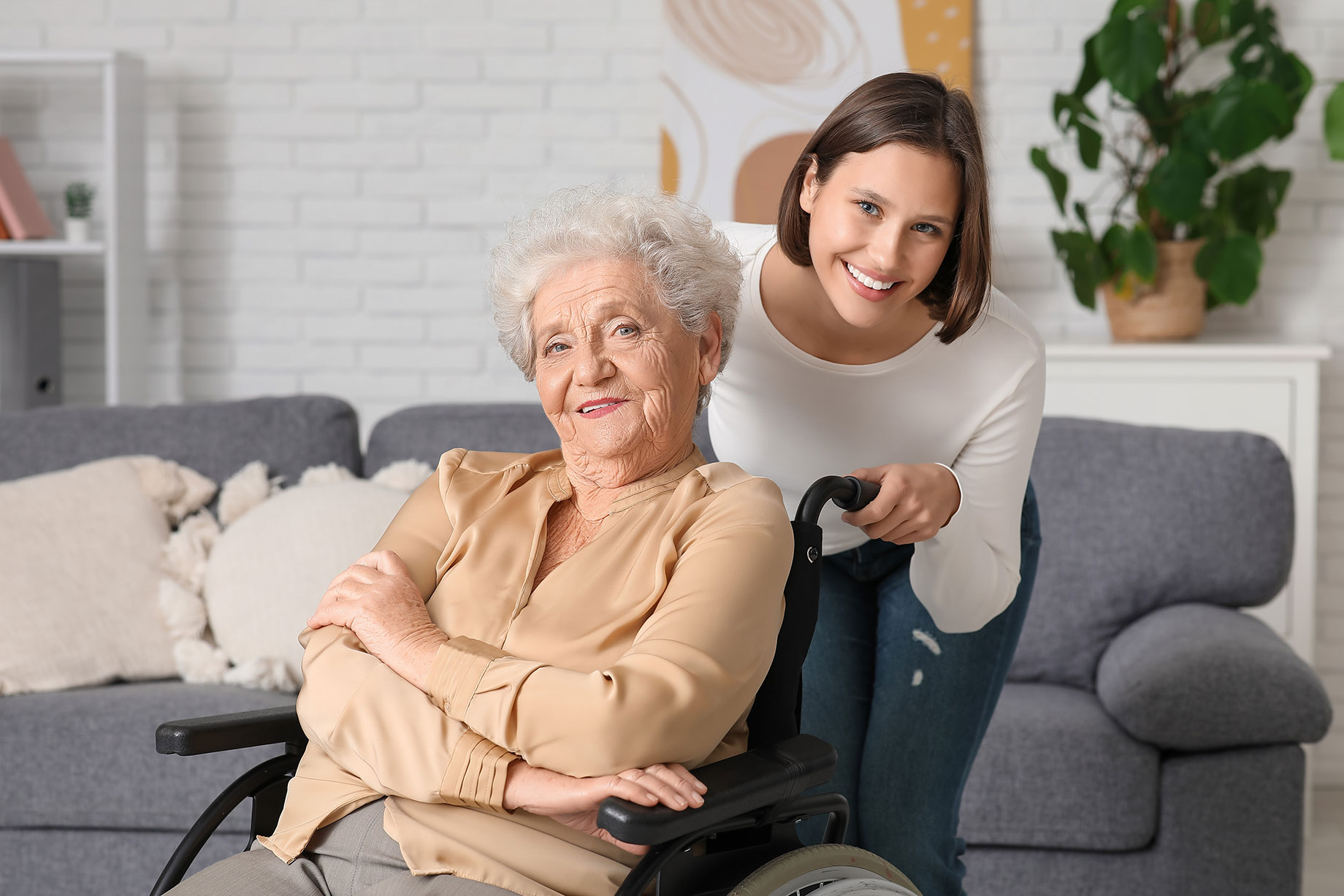
By 2030, one in five Americans will be over 65, and a majority say they’d rather age in their own homes than anywhere else. The drive to stay rooted is powerful—it shapes emotional resilience and stabilizes daily routines. Personalized care isn’t a luxury; it’s a direct lever for sharper cognition, stronger mobility, and reduced medical incidents. Generic service models erode these benefits. Specific, attentive support does the opposite. It fortifies both mind and body.
Exploring In-Home Senior Care Options Around Charleston
In-home care services in Charleston span personal care, homemaking assistance, and skilled nursing. Personal care addresses the intimate, daily needs that keep someone functional and dignified. Homemaking focuses on the environment—meals prepared, laundry handled, clutter cleared. Skilled nursing layers on medical management under professional oversight. Each fills a different gap. Personal care is less expensive but limited on clinical scope. Skilled nursing offers more oversight but at higher cost and complexity. Homemaking is practical but can’t manage chronic health needs.
Assessing Personal Needs and Crafting a Tailored Plan
Start with clear, relevant questions. How often does mobility require assistance? Which medications demand timed administration? Is there consistent social interaction or is isolation creeping in? Are household tasks being completed or ignored? Rank outcomes. Mobility and medication adherence are often non-negotiable. Social activities and cosmetic home upgrades might be “nice to have.” Record the results and bring them to every provider interview. Vague requests lose impact and waste time.
Essential Qualifications in Senior Home Support Providers
Credentials aren’t optional. Look for verified certifications and clean background checks, and expect evidence of ongoing training. Patterns matter. Inconsistent schedules, vague commitments, and delayed responses signal trouble early. Call references. Read feedback from the last twelve months, not ancient testimonials.
Budgeting and Financial Planning for Home-Based Elder Care
Costs range widely, driven by frequency of visits, level of medical care, and whether nights or weekends are needed. Private pay offers control but requires steady cash flow. Long-term care insurance can ease strain, if the policy covers in-home services. Veterans’ benefits remain underutilized—worth investigating fully. Use a spreadsheet or a simple online calculator to model a realistic monthly budget before commitments are signed.
Today’s Innovations in Senior In-Home Support
Telehealth reduces disruptive clinic trips. Remote monitoring flags early warning signs before emergencies spiral. Voice-activated reminders cut missed medications by significant margins, according to recent home health studies. The point isn’t novelty—it’s sharper outcomes and lower risk profiles for clients.
Preparing the Home for Comfort and Safety
Grab bars in the right spots save hips from fractures. Non-slip flooring quietly does its job every single day. Brighter lighting eliminates hazards hiding in shadow. Conduct a fast safety tour. Evaluate doorways, bathroom layouts, and furniture placement. Small adjustments often deliver disproportionate improvement.
Finding a Trusted Partner: Questions to Ask and Where to Look
Ask: What is your backup plan if a caregiver cancels? How do you measure quality beyond attendance? Can you provide proof of training within the last year? What is your incident reporting protocol? Which clients have used you for more than 12 months? Seek referrals from senior centers, primary care networks, and verified directories like home care Charleston SC.
Stories That Illustrate the Difference
Case one: A retired engineer’s mobility collapsed after surgery. Customized daily physiotherapy combined with meal prep eliminated the need for a rehab facility and restored walking independence within three months. Case two: A widow’s depression deepened after moving alone. Scheduled visits from a companion aide, plus prompt health monitoring, cut ER visits to zero in the past year and brought back routine social lunches.
Empowering Independent Living with Structured Support
- Localized expertise produces far better results than generic national chains
- Ongoing reassessment is critical—needs change monthly, not annually
- The right provider documents improvement with hard data, not vague promises
- Budget discipline ensures care is sustainable long term
Independence isn’t about doing everything alone. It’s about building a structure strong enough to let someone live on their own terms without constant risk. Thoughtful in-home care makes that possible.